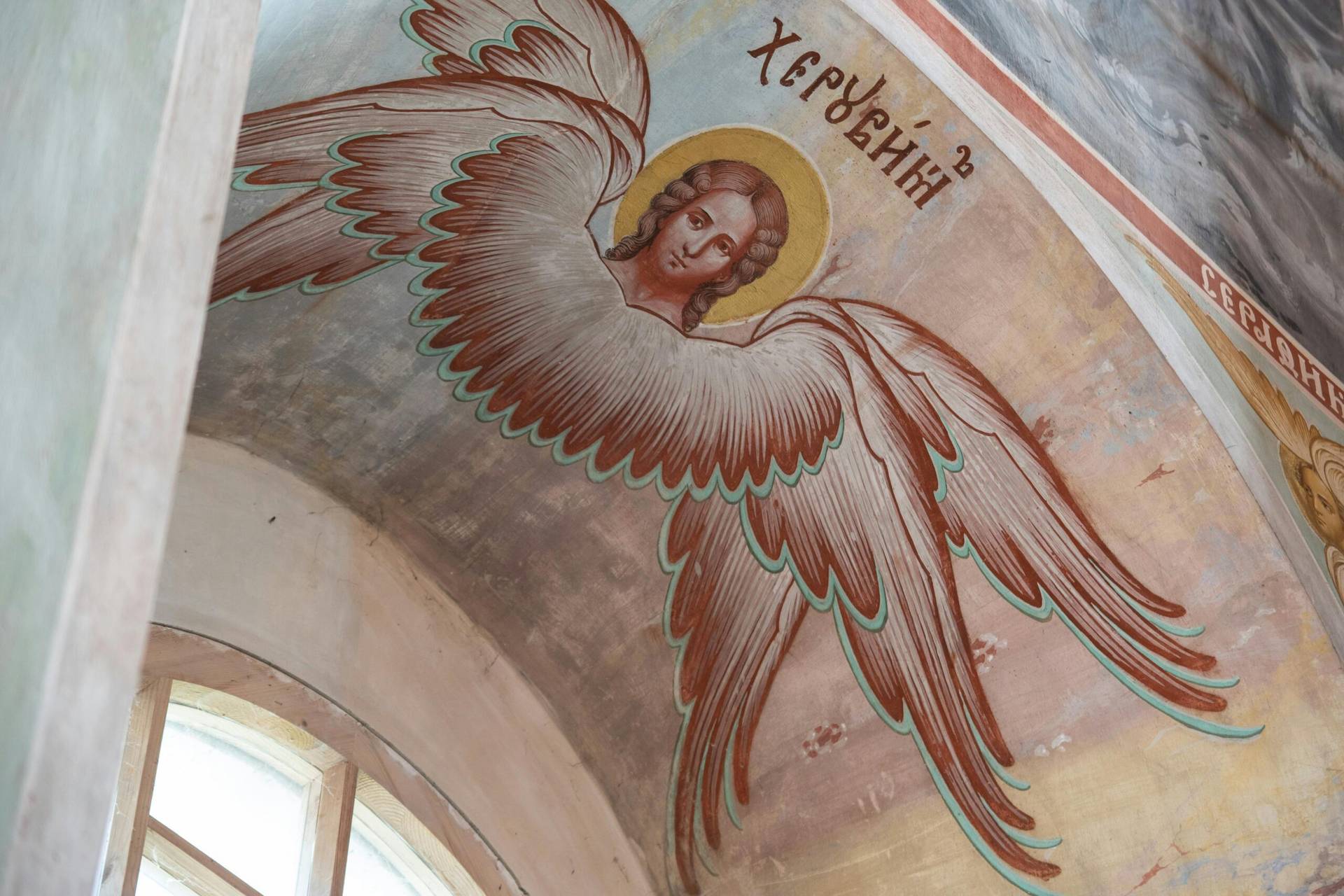“Kids these days!” As older generations in society watch their younger counterparts, they are confused on one hand and frustrated on the other: What is the younger generation doing? Where is its drive and purpose?
Older people complain that they seem marked by a sense of entitlement. They appear to lack a desire to work, and have a weakened work ethic when they do.They seem self-centered, have little respect for authority, and a constant need for direction and affirmation.
And the young apparently have no sense of gratitude, and seem arrested in social skills, courtesies, and interpersonal communication.
You can find this same intergenerational tension in the Church in the West. Older believers are bewildered on one hand by an impoverished catechesis among younger believers and the “none’s” who are leaving (and usually not returning) to the Church. They are also confounded by secularization and the way the young Church seems so passive in the face of it.
This bleak view is why some are tempted to give an undue hearing to the old prophets of doom and gloom denounced by Pope St. John XXIII at the beginning of the Second Vatican Council.
But if older believers want to understand the young Church they should pay attention to what has happened in Krakow this week. Hundreds of thousands of young believers from the West are joining with their fellow young believers from throughout the world to worship, pray, learn about the faith, and have a lot of fun in Jesus Christ.
The scene of Pope Francis and the images of hundreds of thousands of young Christians united in faith and praying, singing, dancing, and laughing together certainly unmasks false prophets and gives older believers a different perspective on the young Church.
In seeing the joyful spirits of the young, older generations can try to understand their fellow believers more deeply and grow in compassion. Older believers can remember how hard things were for them when they were young, and they can begin to have a broader awareness of what the younger generation is going through and how different things are for them.
For example, older believers can realize the face of family life today. It’s common that young people live with only one of their natural parents and possibly their natural siblings, as well as a step-parent, some step-siblings, and possibly some half-siblings.
This state of affairs drastically changes family dynamics and requires more flexibility and acceptance from young people. It presents harder tasks in areas of life that were previously more calm or less stressful.
Young people have to face an unprecedented pace of life in which leisure is seen as laziness, in which there is a demand for documented achievement in performance in almost every area of their lives, and a competitive nature in the work force that challenges their sense of tolerance and concern for other people.
While the younger generation has things to learn, so does the older generation. In seeing the young Church at the World Youth Day, older believers can be inspired and think positively of young believers. They can understand that things are never as simple or as cut-and-dry as they seem.
Things are always deeper and more complicated and, expressed in its own way, the faith is alive among the young Church. There is sound reason for joy and hope.
It is precisely this joy and hope – gaudium et spes – which are the true sources of renewal in the Church. They are gifts easily and freely lived and then generously given by the young Church.
As the whole Church witnesses and celebrates its young believers and encounters their joy and hope, every member and all of the Church’s institutions can learn from them and are invited to be re-juvenated in their own faith and experience joy and hope anew.
This is one of the gifts of the young Church. It’s one of the universal lessons of the World Youth Day celebrations. It’s what has been happening in Poland this week.

















